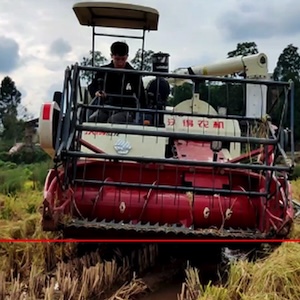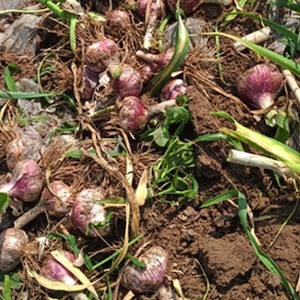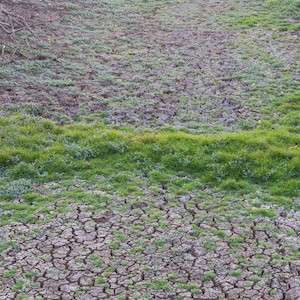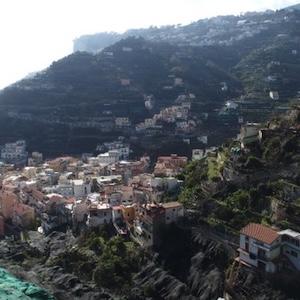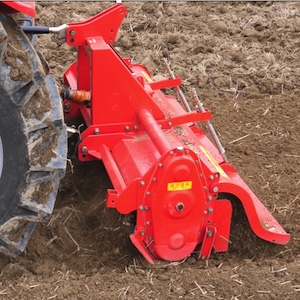Identifying areas suitable for wine tourism through the use of multi-criteria and geographic information system: the method and its application in the countryside around Mount Etna (Sicily)

Published: 1 June 2017
Abstract Views: 2437
PDF: 913
HTML: 603
HTML: 603
Publisher's note
All claims expressed in this article are solely those of the authors and do not necessarily represent those of their affiliated organizations, or those of the publisher, the editors and the reviewers. Any product that may be evaluated in this article or claim that may be made by its manufacturer is not guaranteed or endorsed by the publisher.
All claims expressed in this article are solely those of the authors and do not necessarily represent those of their affiliated organizations, or those of the publisher, the editors and the reviewers. Any product that may be evaluated in this article or claim that may be made by its manufacturer is not guaranteed or endorsed by the publisher.
Similar Articles
- Dina Statuto, Giuseppe Cillis, Pietro Picuno, Analysis of the effects of agricultural land use change on rural environment and landscape through historical cartography and GIS tools , Journal of Agricultural Engineering: Vol. 47 No. 1 (2016)
- Marzia Quattrone, Giovanna Tomaselli, Lara Riguccio, Patrizia Russo, Assessment of the territorial suitability for the creation of the greenways networks: Methodological application in the Sicilian landscape context , Journal of Agricultural Engineering: Vol. 48 No. 4 (2017)
- Gabriella Impallomeni, Francesco Barreca, Agrivoltaic systems towards the European green deal and agricultural policies: a review , Journal of Agricultural Engineering: Vol. 56 No. 1 (2025)
- Lara Riguccio, Laura Carullo, Patrizia Russo, Giovanna Tomaselli, A landscape project for the coexistence of agriculture and nature: a proposal for the coastal area of a Natura 2000 site in Sicily (Italy) , Journal of Agricultural Engineering: Vol. 47 No. 2 (2016)
- Valentina Giovenzana, Stefano Baroffio, Roberto Beghi, Andrea Casson, Alessia Pampuri, Alessio Tugnolo, Diego De Filippi, Riccardo Guidetti, Technological innovation in the winery addressing oenology 4.0: testing of an automated system for the alcoholic fermentation management , Journal of Agricultural Engineering: Vol. 52 No. 4 (2021)
- Remo Alessio Malagnino, Performance analysis of photovoltaic plants installed in dairy cattle farms , Journal of Agricultural Engineering: Vol. 46 No. 2 (2015)
- Zhongkuan Wang, Sheng Wen, Yubin Lan, Yue Liu, Yingying Dong, Variable-rate spray system for unmanned aerial applications using lag compensation algorithm and pulse width modulation spray technology , Journal of Agricultural Engineering: Vol. 55 No. 1 (2024)
- Irene Diti, Daniele Torreggiani, Patrizia Tassinari, Rural landscape and cultural routes: a multicriteria spatial classification method tested on an Italian case study , Journal of Agricultural Engineering: Vol. 46 No. 1 (2015)
- Xiwang Du, Xia Li, Fangtao Duan, Jiawei Hua, Mengchao Hu, Static laser weeding system based on improved YOLOv8 and image fusion , Journal of Agricultural Engineering: Vol. 55 No. 4 (2024)
- Giuliano Vox, Pierfrancesco Losito, Fabio Valente, Rinaldo Consoletti, Giacomo Scarascia-Mugnozza, Evelia Schettini, Cristoforo Marzocca, Francesco Corsi, A wireless telecommunications network for real-time monitoring of greenhouse microclimate , Journal of Agricultural Engineering: Vol. 45 No. 2 (2014)
You may also start an advanced similarity search for this article.

 https://doi.org/10.4081/jae.2017.624
https://doi.org/10.4081/jae.2017.624 




